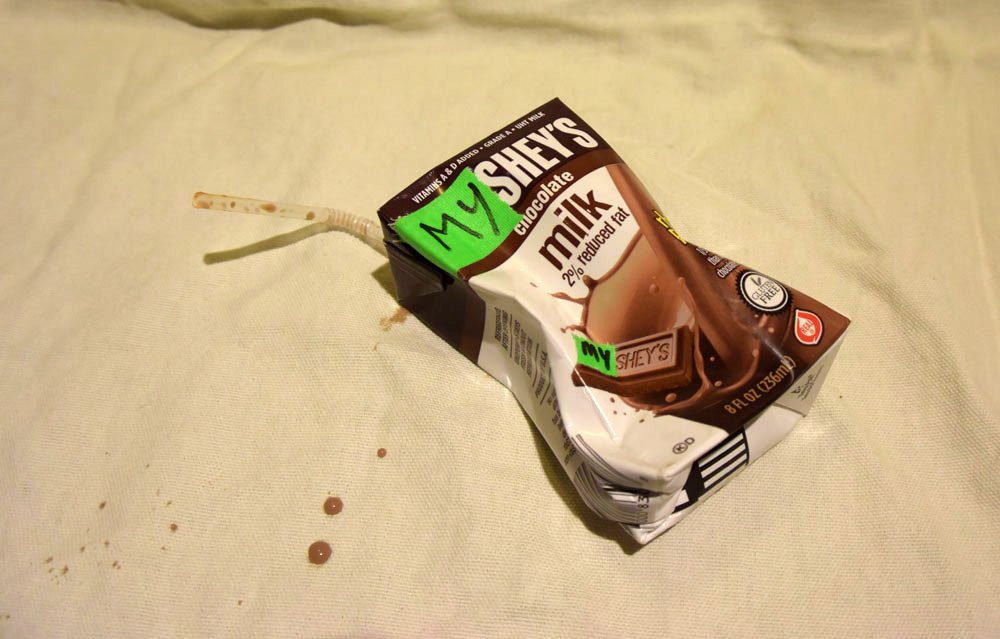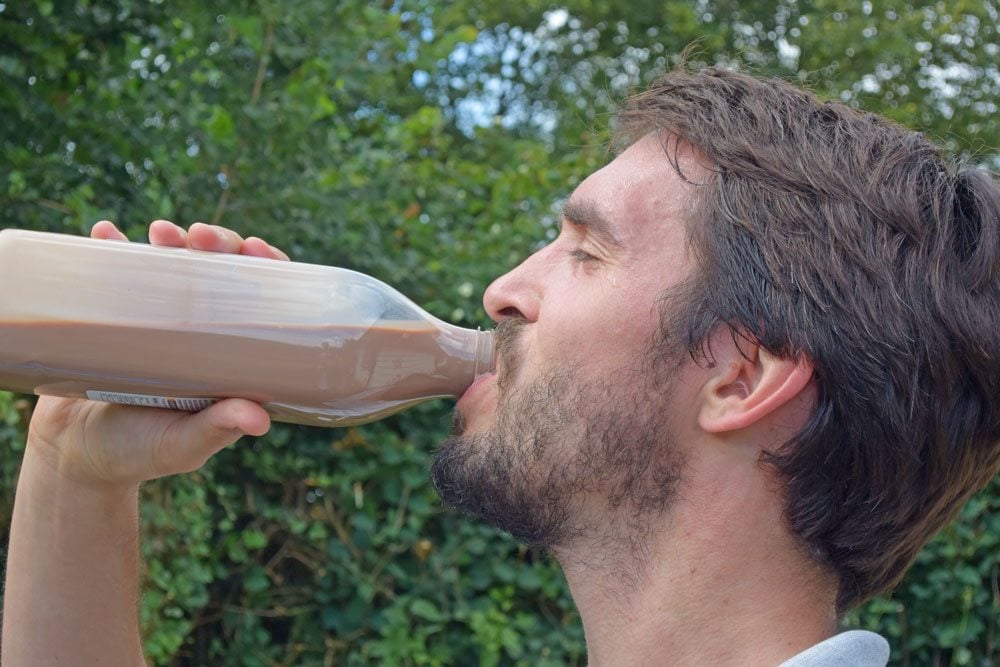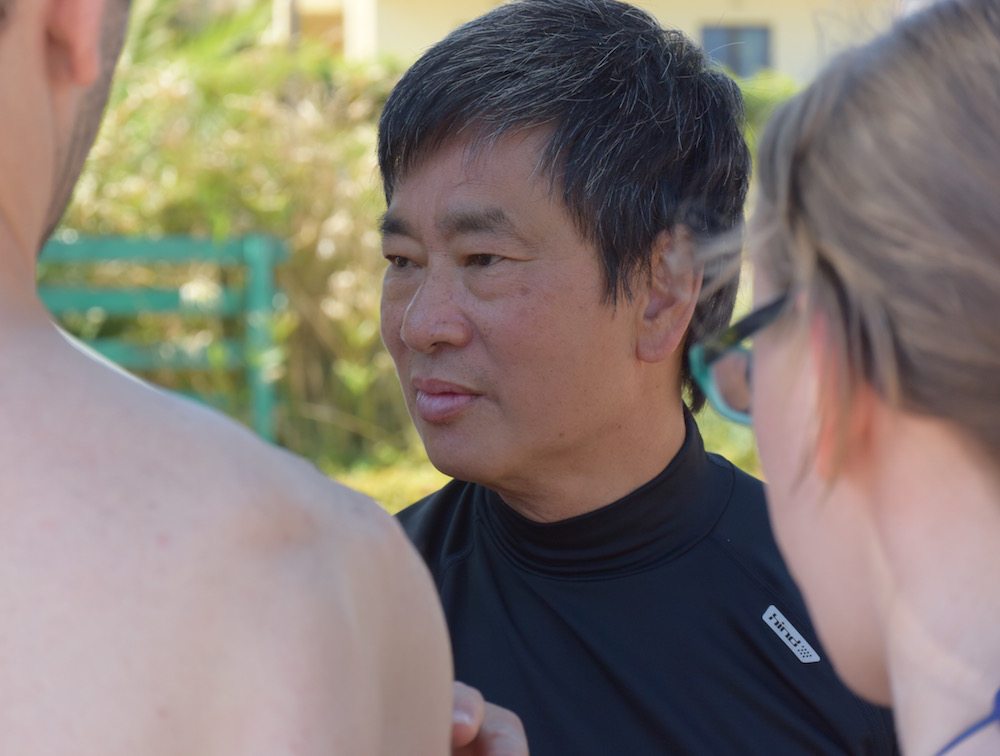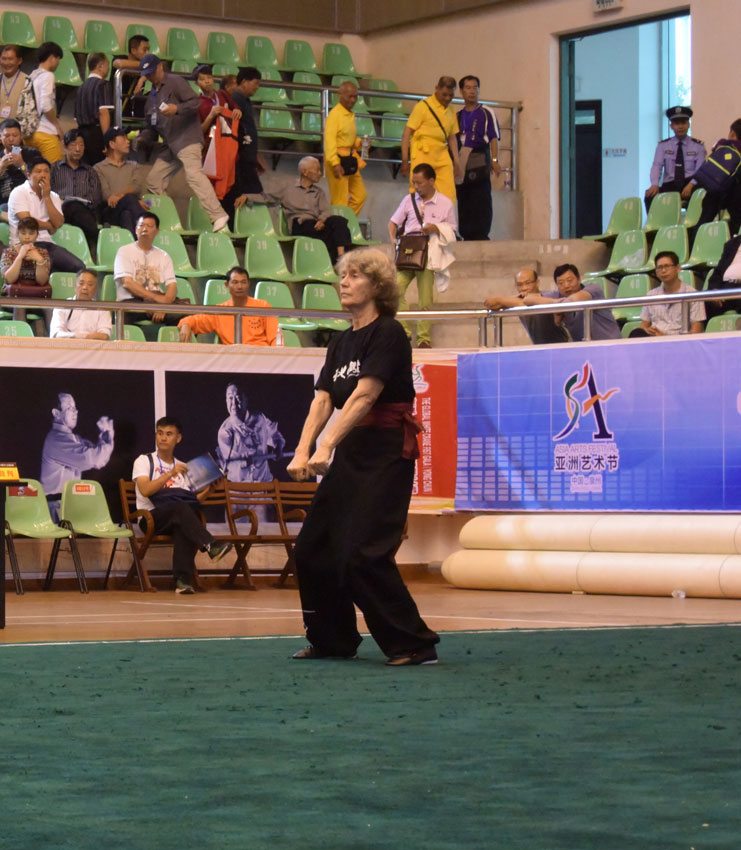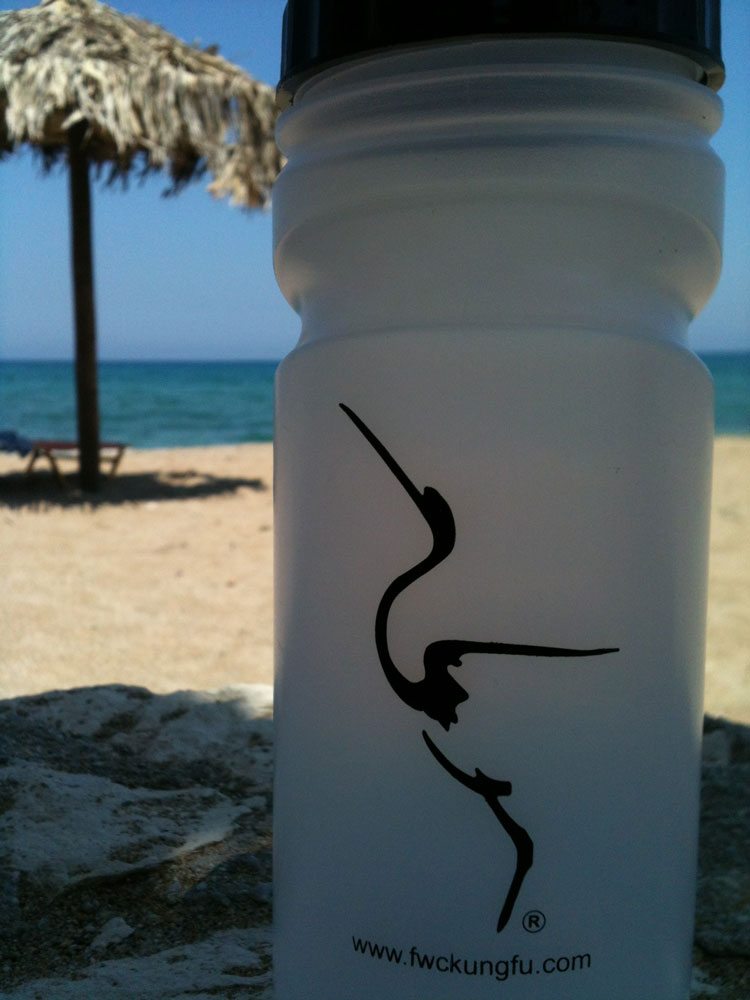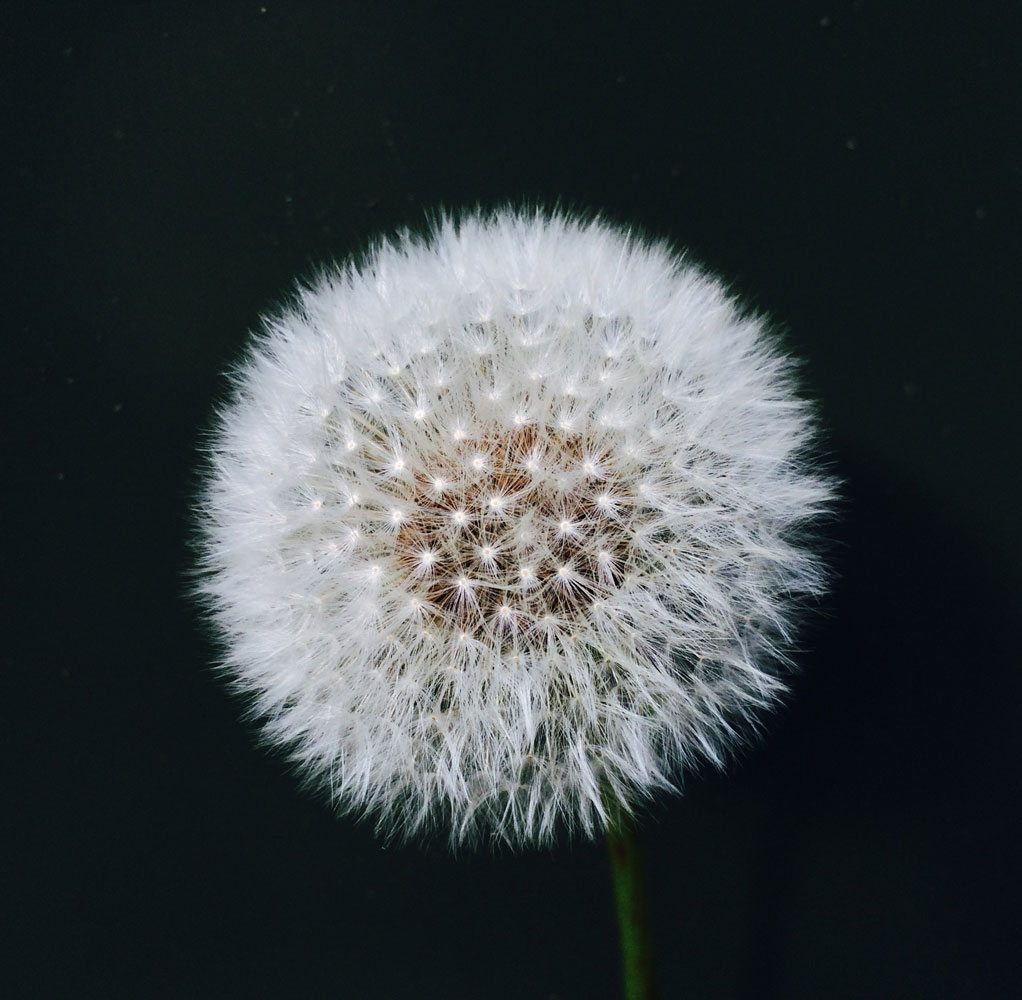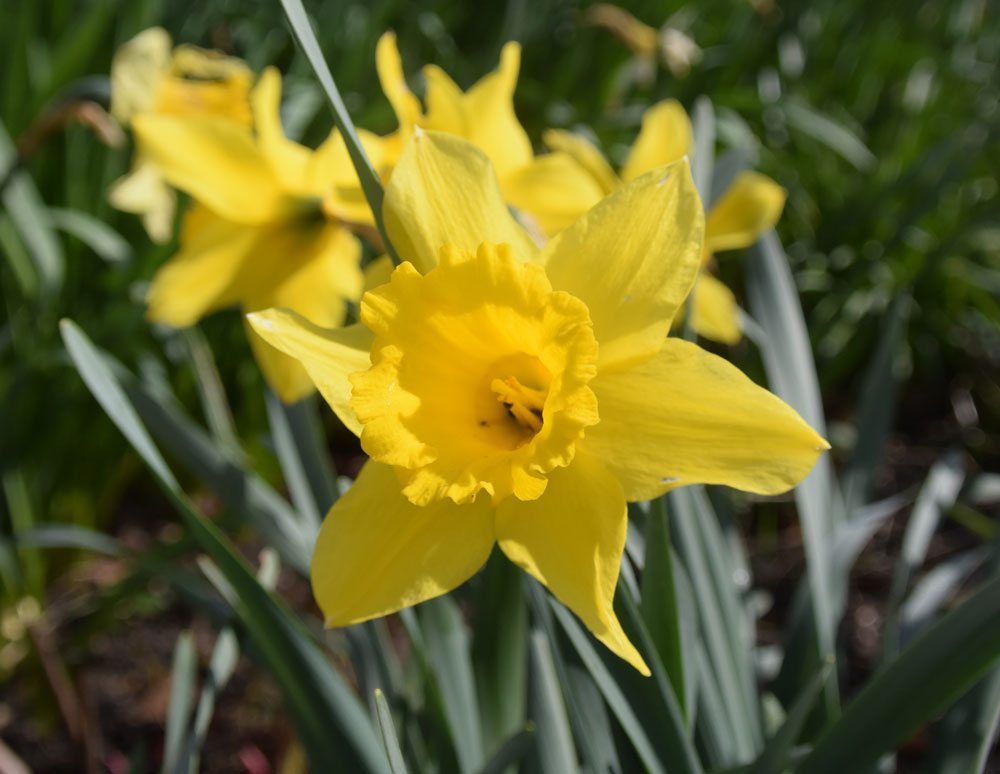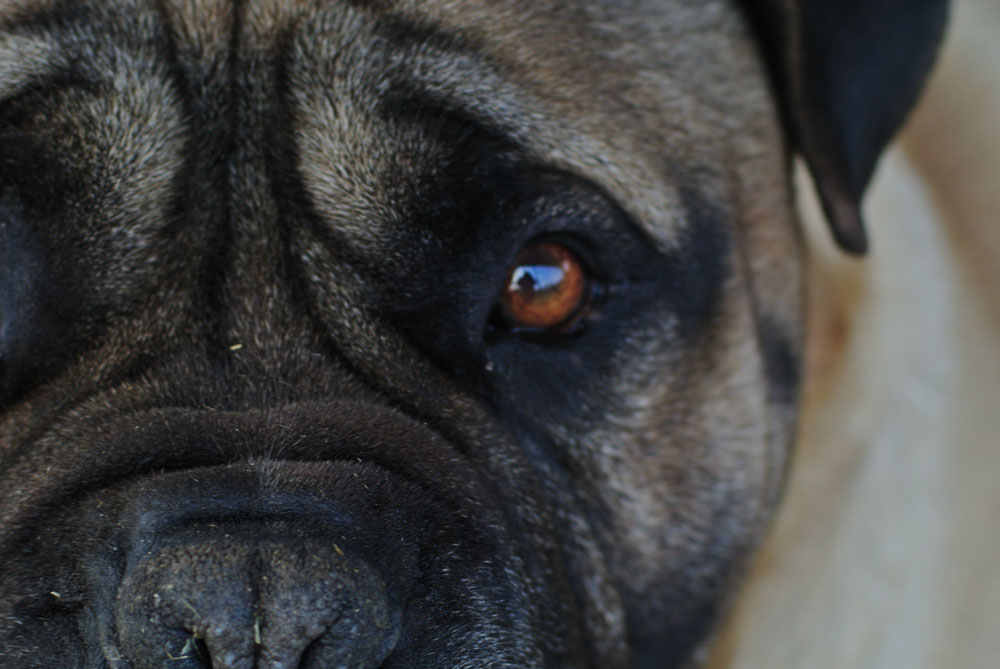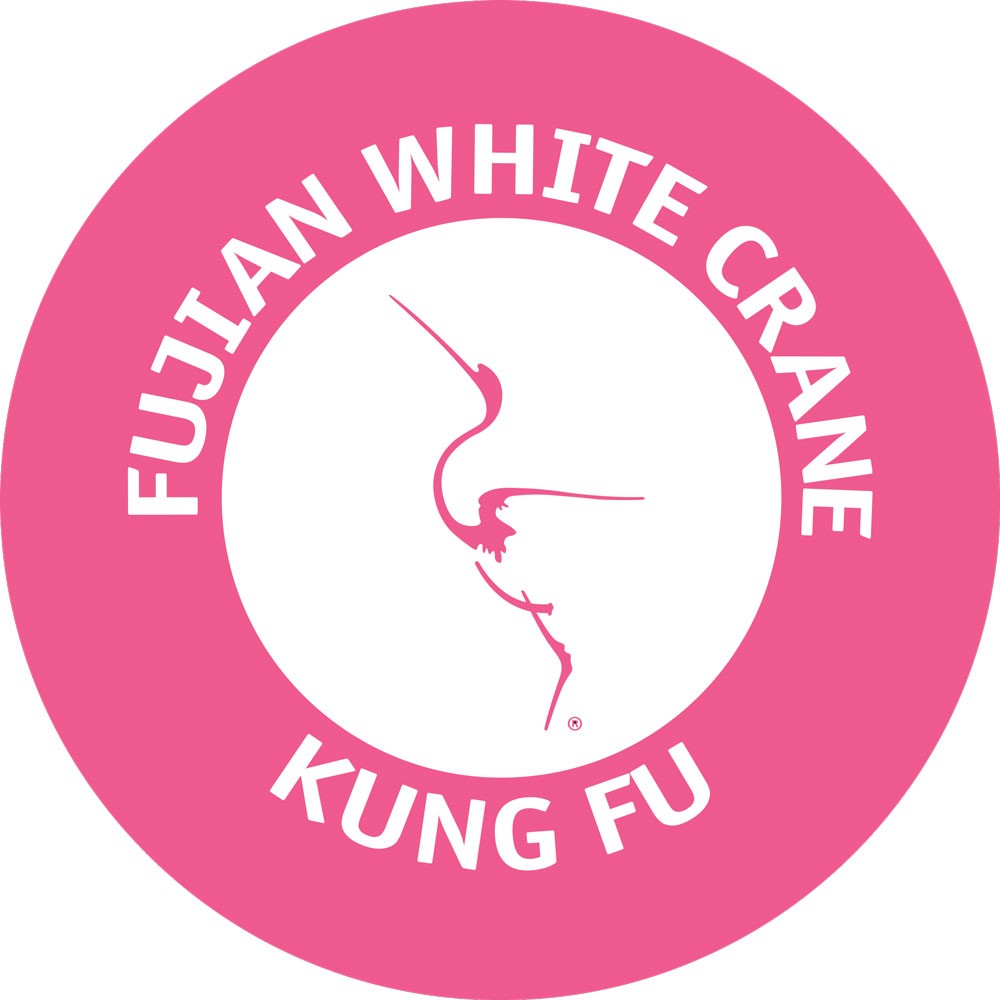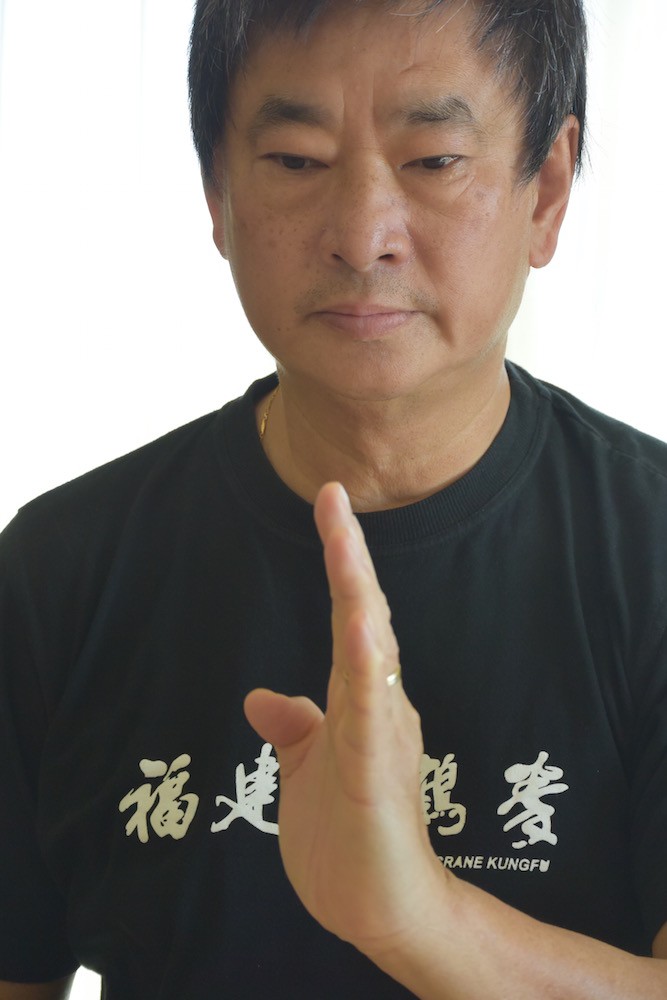Instructor’s phone shows: New text message – “The class was great, but I don’t think I can commit to the training right now.” Cue Instructor wondering why an enthusiastic beginner has given up before they’ve really started. But we know. It’s an open secret. Many, many people drop a new training regime because of muscle pain. Not injury, but the pain known as DOMS – acronym for Delayed Onset Muscle Soreness. They will rarely say so, overwhelmed by a world of Shame/Blame/Pain after finding out that they are not fit as they thought, not as strong, not as tough – what were they thinking of when they tried a Kung Fu class? never mind Tai Chi..(how can that possibly hurt??).
And it’s not only the Beginners. Committed students who have been training for a couple of years can suddenly find it hard going if they are sleep deprived (new baby?), under stress (new job?), or have a change of routine (new house?). And this is where if it works for you, chocolate milk as a recovery drink can get you over this hump.
